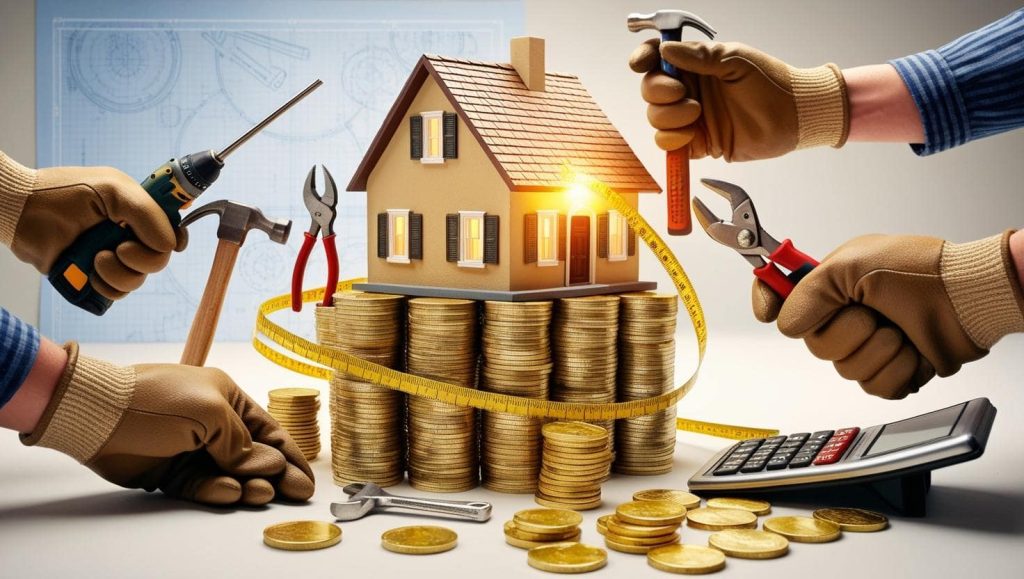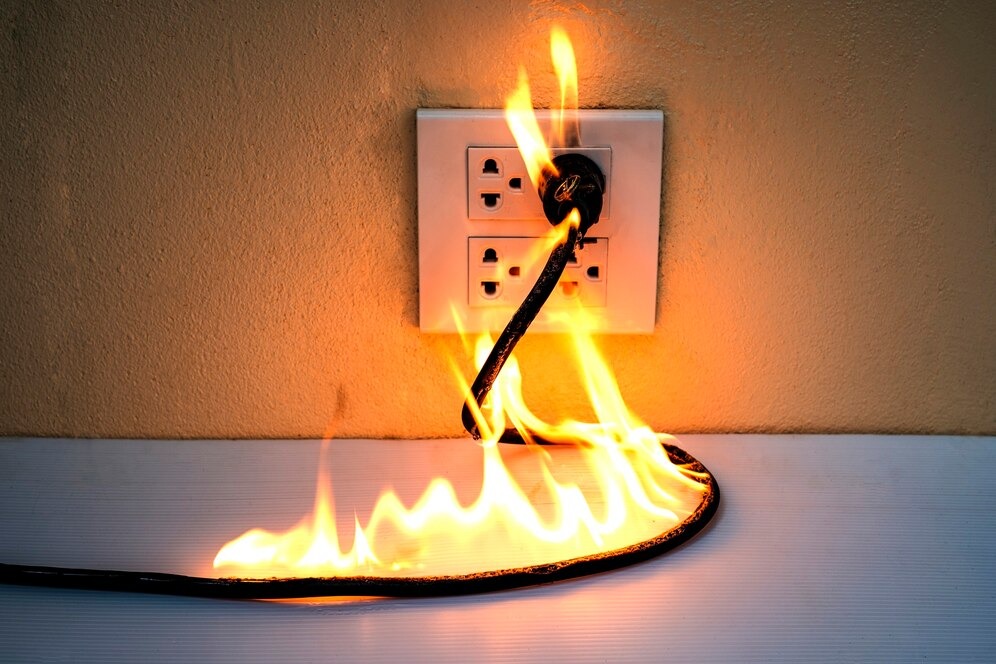Owning a home can be a great experience, but it’s a commitment that demands its own share of responsibilities. Sudden leakages here and there, repairs and provisions for regular treatment of a house agonize the costs that one has to bear repeatedly. An inquiry into working through ways of tackling these routines will save your pockets and your craziness. Budgeting home repairs and maintenance like a pro as to maintain financial balance and peace. Let’s see the Tips to Budget for Home Repairs and Maintenance
- Understand the True Cost of Homeownership
A house is much more than the mortgage repayment. It is a living space which requires regular care and attention. Experts often suggest putting aside 1-3% of your house’s value annually towards repairs and maintenance. So if your house is worth ₹50 lakhs, save ₹50,000 to ₹1.5 lakh per year. Change this as your house gets older, in a different location, or degrades in value. Old homes or in places with very rough weather might need a higher
safety net. - Build a Dedicated Maintenance Fund
Treat your home as an investment by opening a dedicated savings account for repairs and maintenance. Automate monthly deposits, even if it’s just ₹3,000 to ₹5,000; the key is consistency. This money acts as a financial buffer, ready to tackle everything from a geyser malfunction to a termite infestation. Over time, this disciplined approach lessens the shock of unexpected expenses. - Prioritize Proactive Over Reactive Spending
Preventive maintenance is the cornerstone of smart budgeting. Addressing minor issues early—like sealing cracks, servicing appliances, or cleaning gutters—can prevent costly emergencies later. For example:
Seasonal Checks: Inspect roofs before monsoons, service HVAC systems before summer, and test smoke detectors annually.
Routine Tasks: Clean drains monthly, repaint exteriors every 3-5 years, and lubricate door
hinges to avoid wear.
A stitch in time saves not just nine, but thousands of rupees. - Classify Repairs by Their Urgency
Certain repairs should not be considered in such urgent light. The classification should involve the resolution of tasks within three contexts so that funds are allocated judiciously:
Critical: Problems that shall affect safety or structural stability (example: electrical defects, leaks in plumbing, roof damages).
Important: Problems that may develop or worsen over time (example: peeling paint,blocked gutters or worn seals).Cosmetic: Upgrades that enhance aesthetics but aren’t urgent (e.g., landscaping, cabinet refurbishment).Focus your budget on critical and important tasks first. - Compare and Research Service Providers
When you hire professionals, take time to screen contractors, plumbers, or electricians. Get quotes from several sources, check licenses and insurance, and read reviews from reputable sources. A bit more money up front for quality work usually saves you money in the long term by minimizing repeat repairs. - Adopt DIY—Where Relevant
Minor jobs such as unclogging drains, touching up walls with paint, or exchanging faucet washers can be done using basic tools and web tutorials. Know your place. An electrical contract, structural work, or anything that goes through gas lines should always be done with licensed experts to prevent safety hazards or unwanted costs. - Set Aside Money for Emergencies
No budget, however diligent, can foresee every eventuality. An additional 10-20% of your yearly maintenance budget should go into a contingency fund. This fund allows for unexpected events, such as a broken dishwasher or storm damage. - Track Your Expenses and Review Annually
Make a record of every single repair and maintenance expenditure, be it electronic or a simple notebook. Review this at least once a year to see if any patterns appear (e.g., a very old air-conditioning unit that always gets broken), and readjust your budget accordingly. It will allow you to keep yourself financially aware and to save money in advance for future repairs.

Final Thoughts
Budgeting for home repairs and maintenance is not about perfection—it’s about preparedness. All of you can follow these Tips to Budget for Home Repairs and Maintenance.
By adopting a proactive mindset, prioritizing wisely, and staying disciplined with savings, you can protect your home’s value and enjoy peace of mind. Remember, your home is your sanctuary. Treat it with the care it deserves, and it will reward you with comfort and security for years to come.


